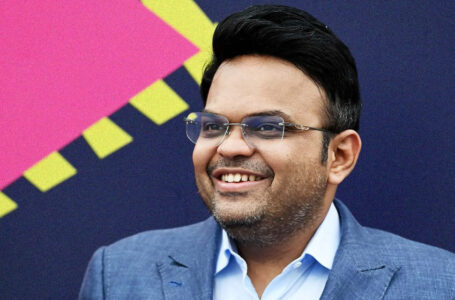Visionary Leader Ratan Tata, Who Elevated Tata Group Globally, Dies at 86

The world mourns the loss of Ratan Tata, a titan of industry and a beacon of philanthropy, who passed away at the age of 86. His death marks the end of an era for the Tata Group, one of India’s most prestigious conglomerates, and leaves a profound void in the hearts of millions.
Ratan Tata was born on December 28, 1937, in Mumbai, into one of India’s wealthiest and most esteemed families. After his parents, Naval and Sonoo Tata, separated in 1948, he was raised by his grandmother, Lady Navajbai Tata. He graduated from Cornell University in 1962 with a degree in architecture and structural engineering and later completed an Advanced Management Program at Harvard Business School in 1975.
Ratan Tata began his career at the Tata Group in 1962, starting at the ground level on the shop floor of Tata Steel. His hands-on experience provided him with invaluable insights into the company’s operations. In 1991, he succeeded J.R.D. Tata as the Chairman of Tata Sons during a pivotal time of economic liberalisation in India.
The Tata family’s business legacy began with Nusserwanji Tata, Jamshedji Tata’s father. In the mid-19th century, Nusserwanji Tata started trading cotton and opium to Japan and China, and bringing tea, silk goods, camphor, cinnamon, copper, brass, and China gold to India. This trading business laid the financial foundation for the Tata family’s future industrial ventures.
The Tata Group’s foundation was laid by Jamshedji Tata, often referred to as the “Father of Indian Industry.” Born in 1839, Jamshedji Tata was a visionary who established pioneering ventures like Tata Steel, the Taj Mahal Hotel, and Tata Power. His entrepreneurial spirit and commitment to industrialisation set the stage for the Tata Group’s future successes.
Under Ratan Tata’s leadership, the Tata Group transformed from a traditional Indian business house into a global powerhouse. His vision and strategic acumen led to landmark acquisitions, including the purchase of British tea brand Tetley, Anglo-Dutch steelmaker Corus, and the iconic Jaguar Land Rover. These acquisitions not only expanded the Tata Group’s global footprint but also symbolised India’s growing economic prowess on the world stage.
The Tata Group comprises over 30 companies and 100+ subsidiaries operating in more than 100 countries across six continents. Some of the notable companies under the Tata umbrella include Tata Steel, Tata Motors, Tata Consultancy Services (TCS), Tata Power, Tata Chemicals, and Tata Consumer Products. The group also includes luxury brands like Jaguar Land Rover and hospitality ventures like Taj Hotels.
Ratan Tata’s leadership was characterised by a blend of bold ambition and a deep sense of responsibility towards society. His belief that businesses should contribute to the community was evident in the numerous philanthropic initiatives spearheaded by the Tata Trusts, which have made significant contributions to education, healthcare, and rural development.
One of his most notable contributions was the establishment of the Tata Medical Centre in Kolkata, a state-of-the-art cancer treatment facility that provides affordable care to patients from all walks of life. His commitment to healthcare extended globally, where the Tata Group has supported various health initiatives, including partnerships with universities and research institutions.
Ratan Tata’s passing has elicited an outpouring of tributes from leaders and luminaries around the world. Indian Prime Minister Narendra Modi described him as a “visionary business leader, a compassionate soul, and an extraordinary human being.” His sentiments were echoed by many global leaders who recognised Ratan Tata’s contributions to strengthening international ties.

Ratan Tata’s legacy is a source of pride and inspiration. His life and work exemplify the values of integrity, compassion, and excellence. As we bid farewell to this extraordinary leader, we are reminded of the profound impact he has had on our lives and the enduring legacy he leaves behind.
While Ratan Tata’s passing marks the end of an era, his legacy will continue to inspire future generations. The Tata Group, under the leadership of his successors, will undoubtedly carry forward his vision of innovation, ethical business practices, and social responsibility. Ratan Tata’s life serves as a testament to the power of visionary leadership and the importance of giving back to society.
Ratan Tata’s contributions to the world of business and philanthropy have left an indelible mark on the global stage. His legacy will continue to inspire and guide us as we strive to build a better, more inclusive world. As we remember and celebrate his life, we are reminded of the profound impact one individual can have on the lives of millions.





